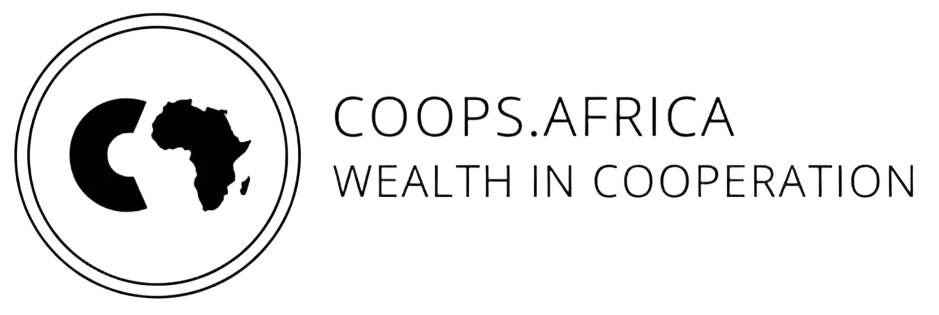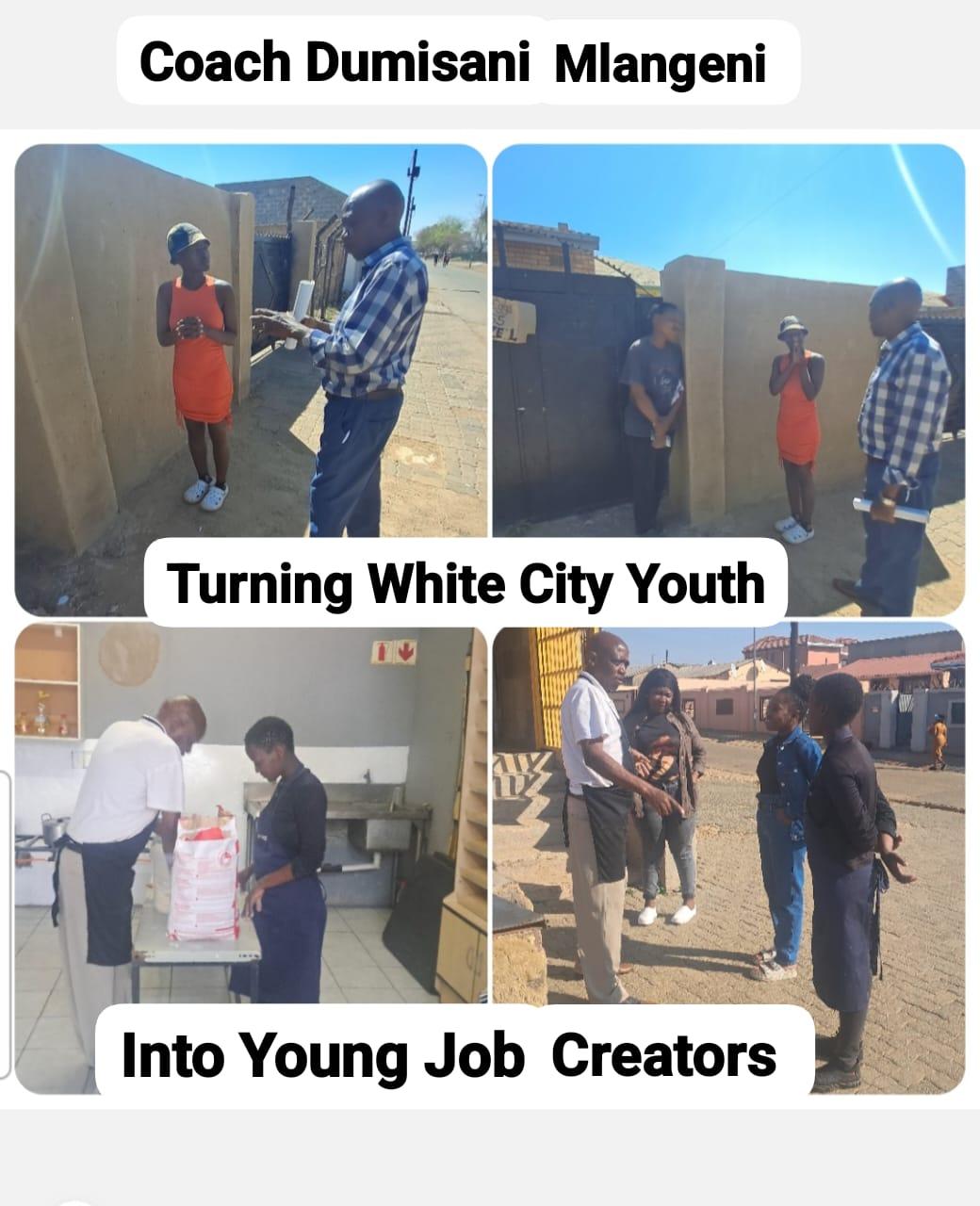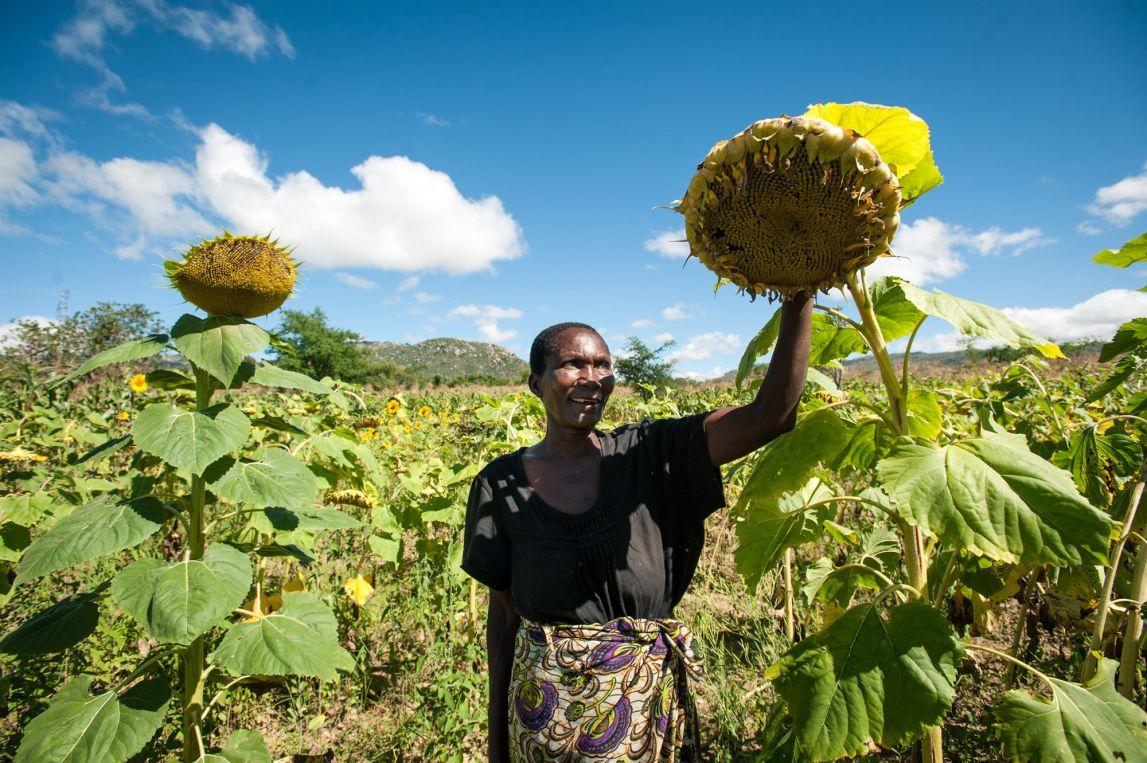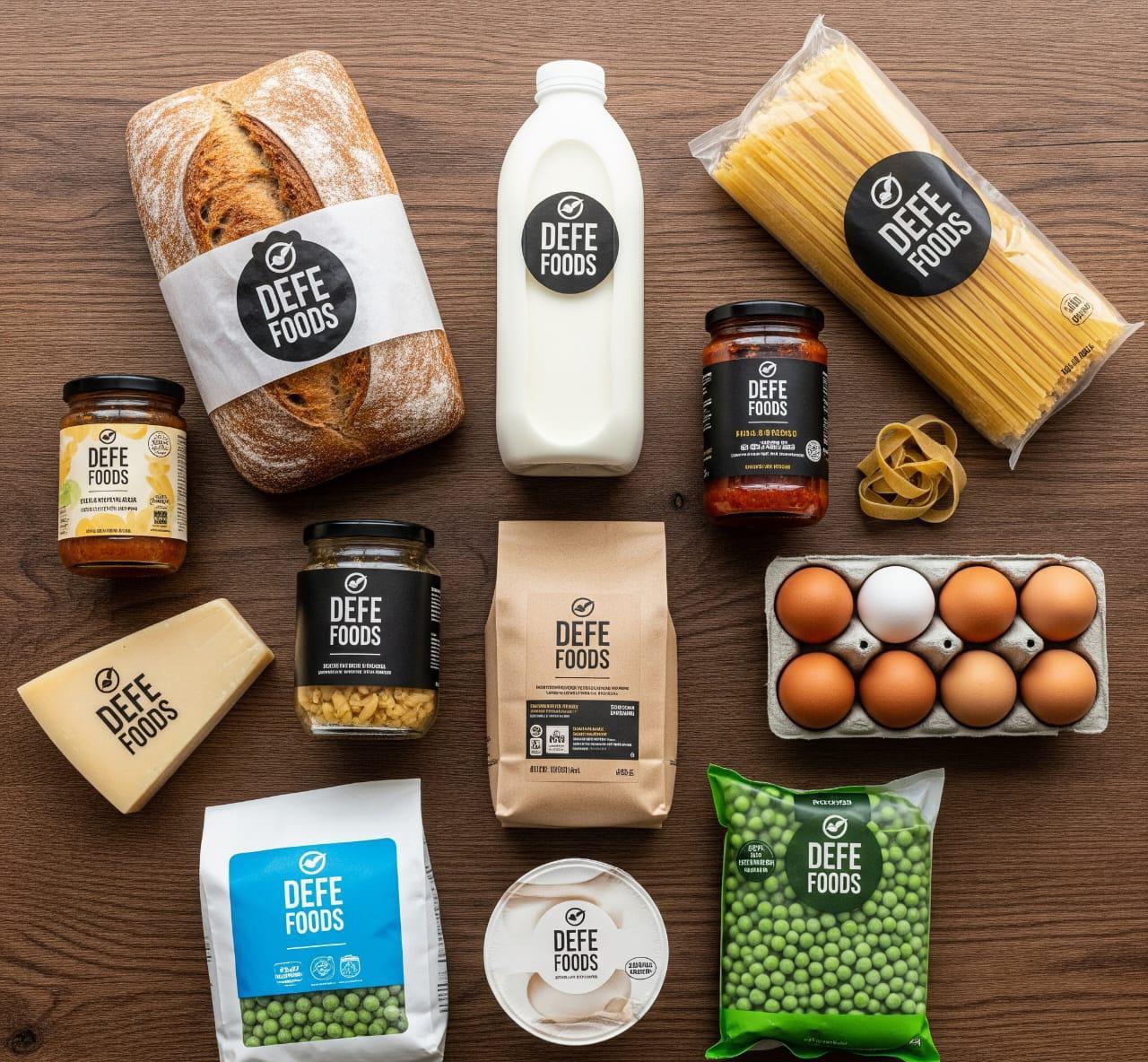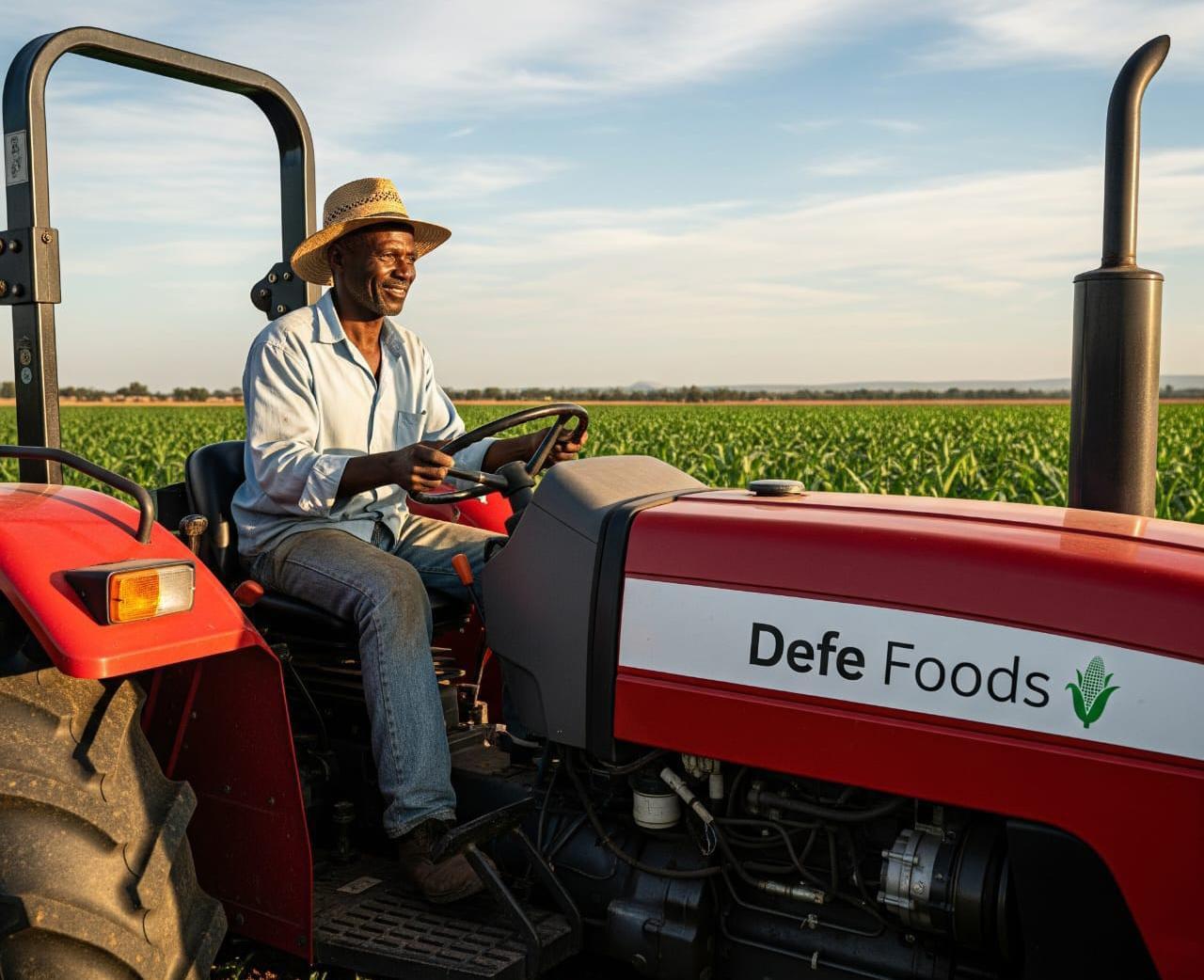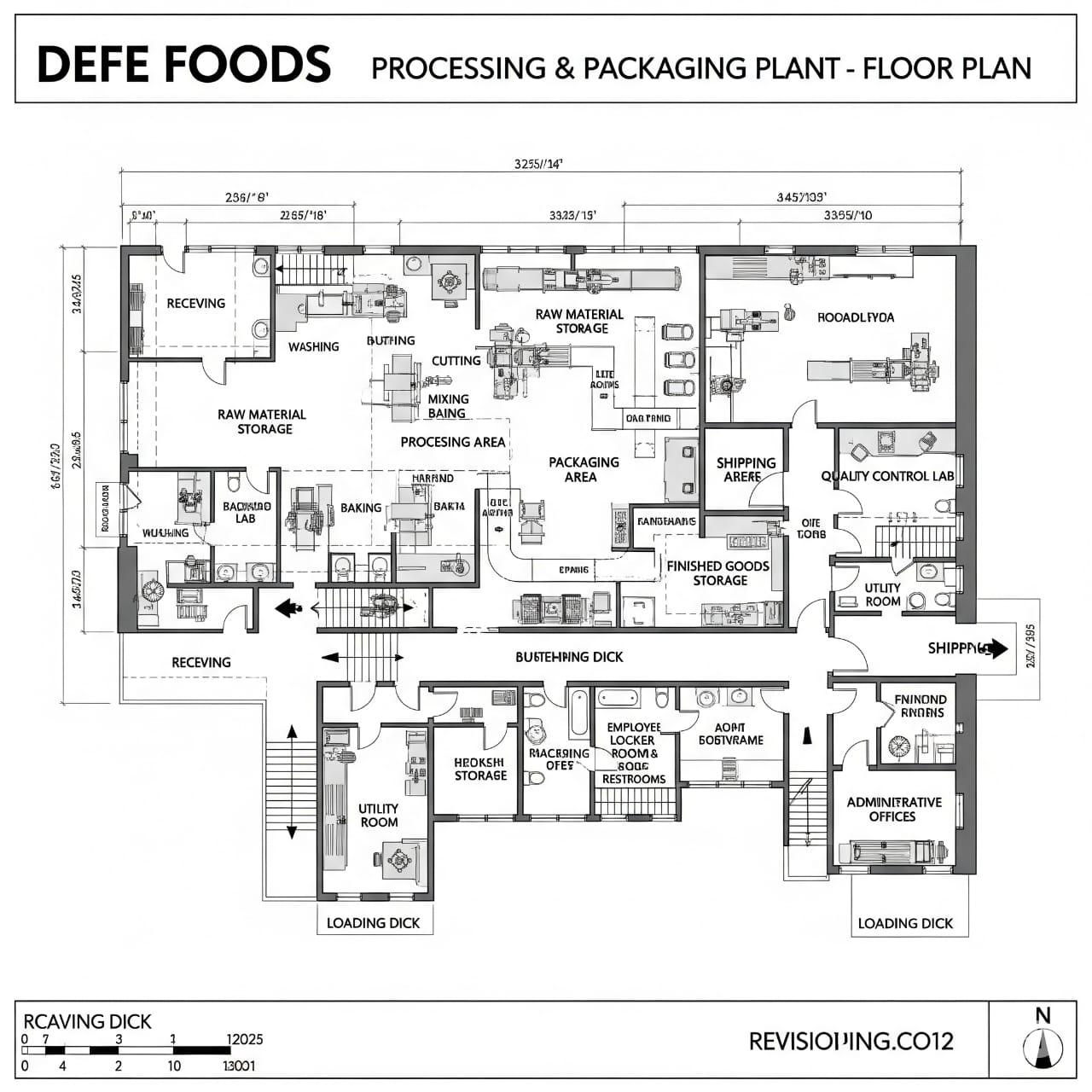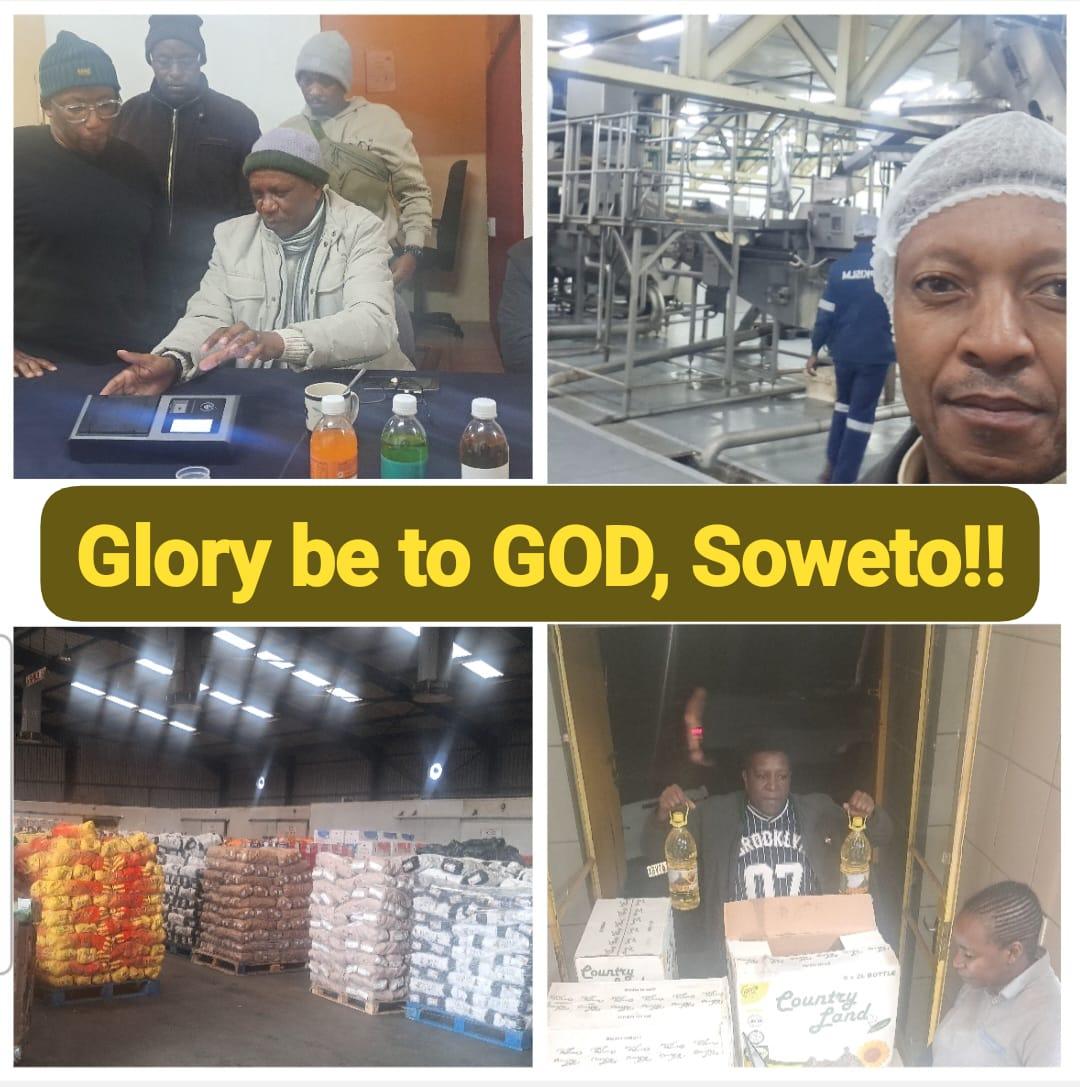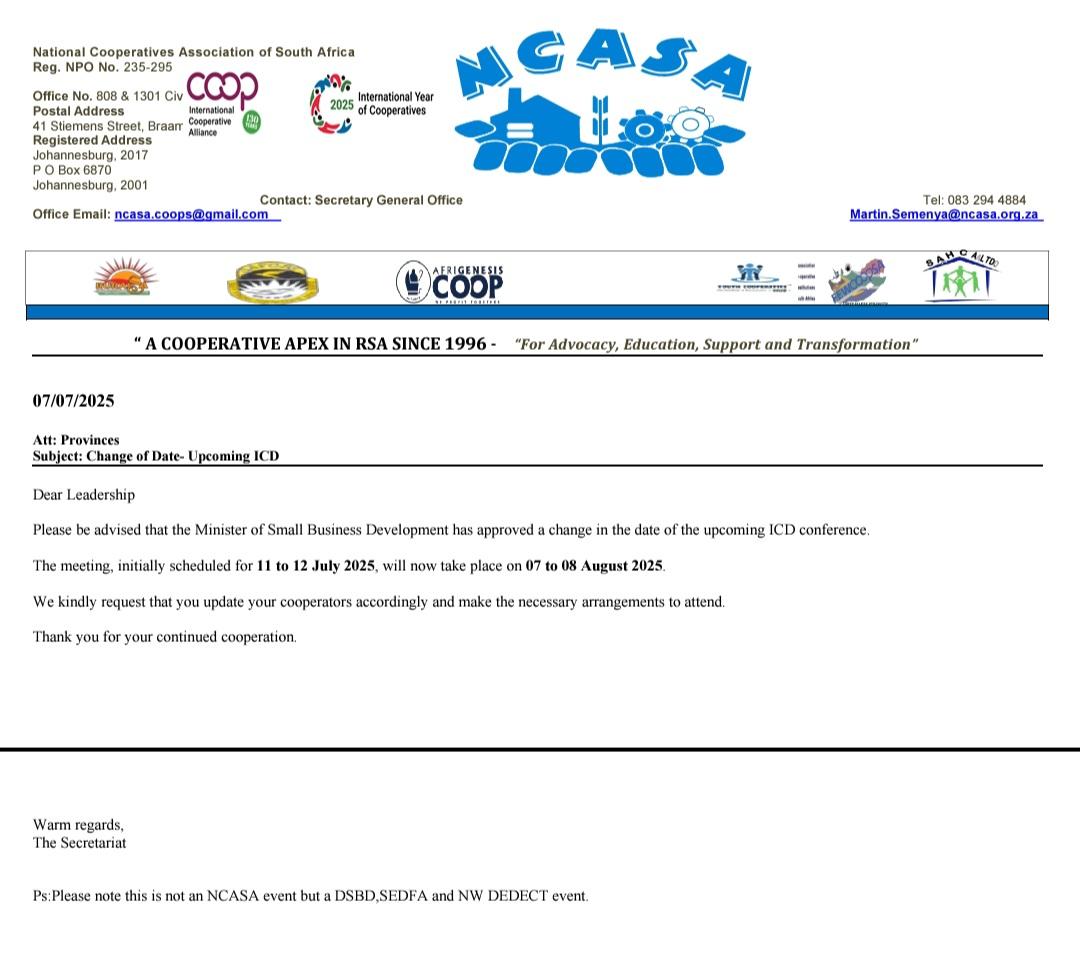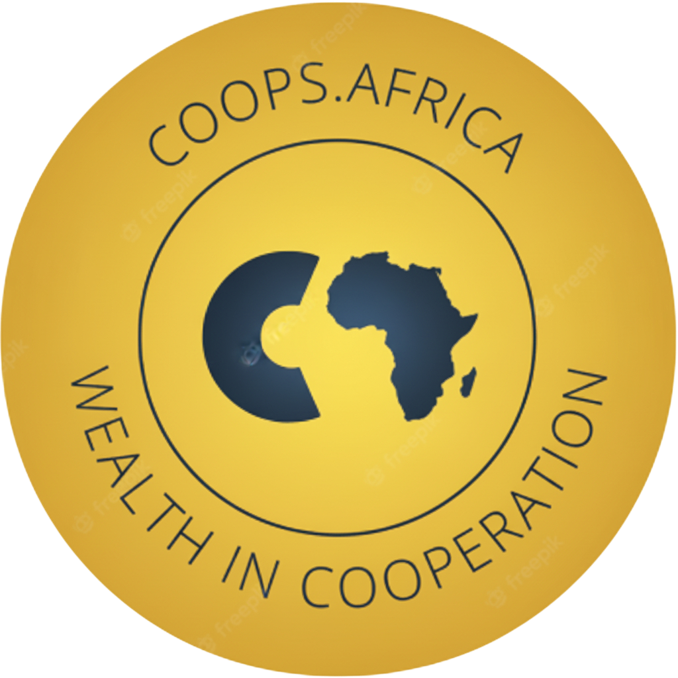We are delighted to announce the appointment of Zandile Nozinhle Matiwaza as Senior Associate at NCA AgriVest, where she will bring her wealth of experience and strategic leadership to strengthen our agricultural investment and cooperative development initiatives in South Africa and beyond.
Zandile is a seasoned executive with a proven track record across agribusiness, finance, and enterprise development. With a Bachelor of Commerce in Financial Management and progress towards her Chartered Financial Analyst designation, she combines technical expertise with visionary leadership. From her early days supplying agricultural inputs across the SADC region to governments and private stakeholders, to her executive roles shaping investment-ready supply chains, Zandile has demonstrated a deep commitment to building Africa’s food systems and strengthening rural livelihoods.
Her experience as Business Development Director at Innovatec Africa saw her nurture over 1,000 businesses from start-up to market, while her leadership as CEO of Kingdom Business Network and CFO of Goldstone & Co. positioned her at the forefront of financing and distributing agricultural products across Southern Africa. As Co-Founder and Vice President of Africa Grain and Seed, she has championed smart rural agriculture ecosystems, bringing together governments, suppliers, growers, financiers, and logistics providers to build sustainable farming models.
Zandile also holds key international roles, including Co-Chairperson of the BRICS WBA Agricultural Working Group, Advisor at Kampay, SADC Ambassador for Coding Africa, and International Relations Chairperson for the Circle of Global Business Women. Her footprint of influence spans Malawi, South Africa, South Sudan, Zambia, and Zimbabwe, where she has contributed significantly to food security, agricultural transformation, and women’s economic empowerment.
At NCA AgriVest, Zandile will play a pivotal role in driving strategic investment into cooperative agriculture, expanding market access for farmers, and building resilient value chains that align with our mission to transform rural livelihoods and strengthen South Africa’s cooperative economy. Her passion for empowering youth and women, alongside her extensive networks across Africa and global markets, will be instrumental in positioning AgriVest as a leader in sustainable agribusiness investment.
We warmly welcome Zandile to the NCA AgriVest team and look forward to the impact she will make as we continue to build a stronger, more inclusive cooperative agricultural sector for South Africa and the region.
Zandile is a seasoned executive with a proven track record across agribusiness, finance, and enterprise development. With a Bachelor of Commerce in Financial Management and progress towards her Chartered Financial Analyst designation, she combines technical expertise with visionary leadership. From her early days supplying agricultural inputs across the SADC region to governments and private stakeholders, to her executive roles shaping investment-ready supply chains, Zandile has demonstrated a deep commitment to building Africa’s food systems and strengthening rural livelihoods.
Her experience as Business Development Director at Innovatec Africa saw her nurture over 1,000 businesses from start-up to market, while her leadership as CEO of Kingdom Business Network and CFO of Goldstone & Co. positioned her at the forefront of financing and distributing agricultural products across Southern Africa. As Co-Founder and Vice President of Africa Grain and Seed, she has championed smart rural agriculture ecosystems, bringing together governments, suppliers, growers, financiers, and logistics providers to build sustainable farming models.
Zandile also holds key international roles, including Co-Chairperson of the BRICS WBA Agricultural Working Group, Advisor at Kampay, SADC Ambassador for Coding Africa, and International Relations Chairperson for the Circle of Global Business Women. Her footprint of influence spans Malawi, South Africa, South Sudan, Zambia, and Zimbabwe, where she has contributed significantly to food security, agricultural transformation, and women’s economic empowerment.
At NCA AgriVest, Zandile will play a pivotal role in driving strategic investment into cooperative agriculture, expanding market access for farmers, and building resilient value chains that align with our mission to transform rural livelihoods and strengthen South Africa’s cooperative economy. Her passion for empowering youth and women, alongside her extensive networks across Africa and global markets, will be instrumental in positioning AgriVest as a leader in sustainable agribusiness investment.
We warmly welcome Zandile to the NCA AgriVest team and look forward to the impact she will make as we continue to build a stronger, more inclusive cooperative agricultural sector for South Africa and the region.
We are delighted to announce the appointment of Zandile Nozinhle Matiwaza as Senior Associate at NCA AgriVest, where she will bring her wealth of experience and strategic leadership to strengthen our agricultural investment and cooperative development initiatives in South Africa and beyond.
Zandile is a seasoned executive with a proven track record across agribusiness, finance, and enterprise development. With a Bachelor of Commerce in Financial Management and progress towards her Chartered Financial Analyst designation, she combines technical expertise with visionary leadership. From her early days supplying agricultural inputs across the SADC region to governments and private stakeholders, to her executive roles shaping investment-ready supply chains, Zandile has demonstrated a deep commitment to building Africa’s food systems and strengthening rural livelihoods.
Her experience as Business Development Director at Innovatec Africa saw her nurture over 1,000 businesses from start-up to market, while her leadership as CEO of Kingdom Business Network and CFO of Goldstone & Co. positioned her at the forefront of financing and distributing agricultural products across Southern Africa. As Co-Founder and Vice President of Africa Grain and Seed, she has championed smart rural agriculture ecosystems, bringing together governments, suppliers, growers, financiers, and logistics providers to build sustainable farming models.
Zandile also holds key international roles, including Co-Chairperson of the BRICS WBA Agricultural Working Group, Advisor at Kampay, SADC Ambassador for Coding Africa, and International Relations Chairperson for the Circle of Global Business Women. Her footprint of influence spans Malawi, South Africa, South Sudan, Zambia, and Zimbabwe, where she has contributed significantly to food security, agricultural transformation, and women’s economic empowerment.
At NCA AgriVest, Zandile will play a pivotal role in driving strategic investment into cooperative agriculture, expanding market access for farmers, and building resilient value chains that align with our mission to transform rural livelihoods and strengthen South Africa’s cooperative economy. Her passion for empowering youth and women, alongside her extensive networks across Africa and global markets, will be instrumental in positioning AgriVest as a leader in sustainable agribusiness investment.
We warmly welcome Zandile to the NCA AgriVest team and look forward to the impact she will make as we continue to build a stronger, more inclusive cooperative agricultural sector for South Africa and the region.
0 Comments
0 Shares
2K Views
0 Reviews
